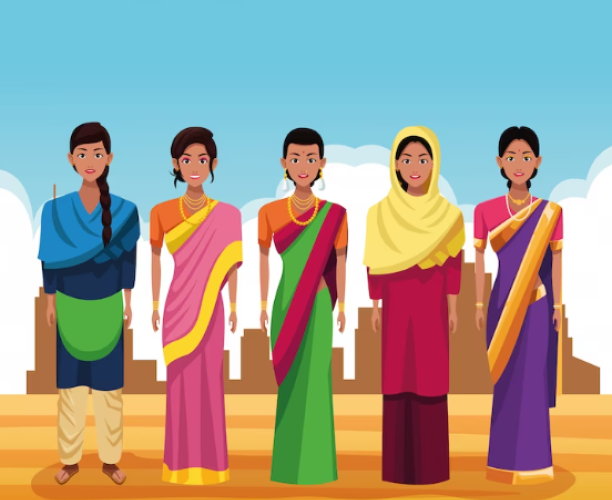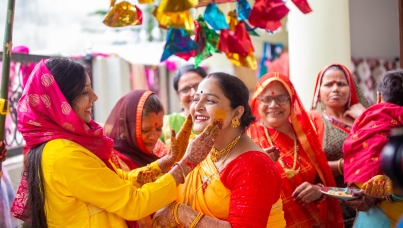

Women and people with physical disabilities treated most unequal in India: Ipsos Equalities Index
The inaugural Ipsos Equalities Index 2023 shows startling views of urban respondents, who believe women (30%) and people with physical disabilities (26%) are the most disadvantaged lot, receiving the most unequal and unfair treatment in the country. Other cohorts that figured in the list included, people of specific religions (26%), people with mental health conditions (20%), transgender/ non-binary people (20%), immigrants (18%), ethnic communities (17%), senior citizens (16%) etc. Lowest in the pecking order who get treated least unequal were men (12%) and young adults (13%), the survey showed.
For global citizens, those perceived to be treated most unfair and unequal were people with physical disabilities (33%), women (26%), people with mental health conditions (25%), lesbians/ gay people/ bisexuals (24%), senior citizens (24%), people from minority ethnic community (23%), immigrants (22%) etc. Least unequal were men (6%) and young adults (11%).
Who should be promoting equality and reducing inequality in the country?
Urban Indians believe the onus rests most with the govt (40%), followed by media (28%), individuals (21%), religious leaders (18%), employers (14%) etc. And the responsibility lies least with advocacy organisations (9%) and groups experiencing inequality (13%).
Though there is a feeling among urban Indians, a lot is already being done to foster equality in India. 19% believe we have already gone too far in the crusade, 30% feel we have done about right while 24% say we need to go further.
Though when we look at all macro issues facing the country, almost 4 in 10 (39%) counted inequality among key issues facing the nation.
Amit Adarkar, CEO, Ipsos India elucidating on the findings of the Ipsos Equalities Index said, “We live in an unequal world which is fraught with preconceived notions, biases, and inequalities. India as a market recognizes these societal flaws and through different campaigns and schemes has been addressing them, whether it is about elevating the status of women and providing them equal rights, exhorting education and financial freedom or addressing biases against some of the other cohorts. That is probably the reason the findings are not so stark for India. Rural women are more disadvantaged especially those from the informal sector with low incomes.”
Meritocracy Vs Other Factors
So, if we look at what determines success in India. Indians were seen to be highly skeptical as compared to most global markets. 25% felt success depends on one’s own merit and effort, while 21% believed it depended on factors beyond their control and others were undecided.
Also, for measuring barometers for measuring a fair society, Indians had most reservations with only 21% endorsing equal opportunities for everyone and 23% advocating same quality of life for all for everyone.
“It is somewhat hard to provide equal opportunity to all, as it depends on other factors like education, soft skills, and finances. Though India has been reserving special quota for the disadvantaged to provide them impetus, which is perceived as unfair to more deserving. Many of us are oblivious to differences in equality & equity. It is worthwhile to educate the masses about the differences. After all, equality initiatives may not bring about enough relief to under-privileged or disadvantaged sections and they may end up with a disadvantage. Principles of equity may be useful in giving a fair opportunity to catch up,” stated Adarkar.



